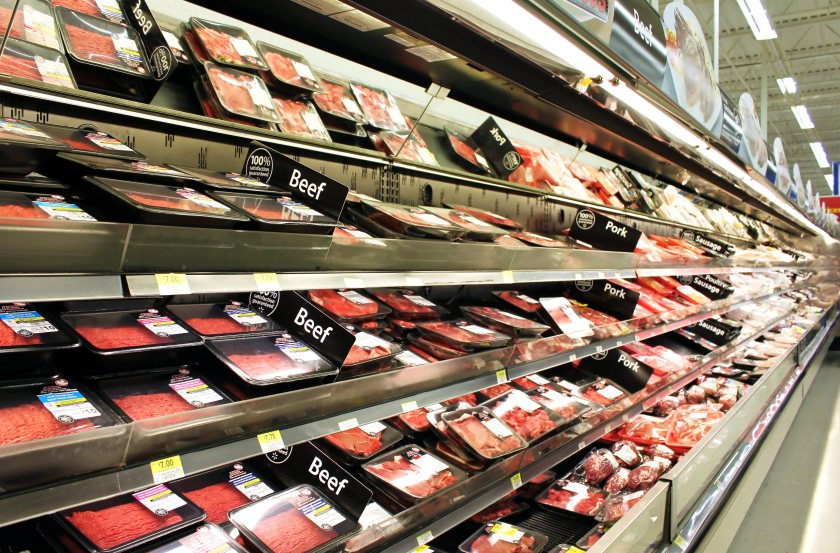
Animal welfare rates higher than environmental issues when consumers choose meat and dairy products, a new study suggests.
While consumers consider sustainability important, other factors such as taste, quality, and animal welfare take precedence in their purchasing decisions.
The results could help producers to market food products in a more targeted way and make them more attractive to consumers.
The study was conducted across five European countries - Czech Republic, Spain, Sweden, Switzerland and the UK - to identify the attributes that are most important to consumers buying meat or dairy products.
On product labels, consumers valued information regarding animal welfare, food safety, and health and nutrition.
Taking part in an online survey, nearly 3,200 participants were asked to rate the importance of 18 different factors when shopping for meat and dairy on a scale from 1 (not at all important) to 5 (extremely important).
Across all surveyed countries, consumers consistently prioritised freshness, quality/taste, and animal welfare as the most important attributes.
In contrast, environmental factors such as food miles, carbon footprint, and organic production were deemed less important in influencing purchasing decisions.
However, sustainability labels were perceived as helpful among consumers.
Study co-author Dr Andy Jin, of the University of Portsmouth, said the study highlighted the complex interplay of factors that influenced consumer behaviour when buying meat and dairy products.
He said: "Consumers indicated that information related to animal welfare, food safety, and health and nutrition was considered more important than environmental sustainability when making food choices.
“The findings demonstrate the importance of labelling strategies that encompass multiple aspects of product attributes, beyond environmental considerations alone.”
The implications of the research extend further than consumers to policymakers, producers, and retailers in the food industry who are striving to meet evolving consumer demands for more sustainable products.
Dr Jin added that labels on their own were not enough to change behaviour, especially for consumers who had low or no behavioural intention to buy sustainable meat or dairy products.
“These results should be translated into additional policy measures, such as nudges or behavioural interventions, helping individuals translate their attitudes into behaviour and facilitating the choice of sustainably produced products.”
The research was conducted by the universities of Portsmouth and Newcastle in the UK, Swedish University of Agricultural Sciences, University of Córdoba in Spain, Mendel University in Czech Republic and Agroscope from Switzerland.
